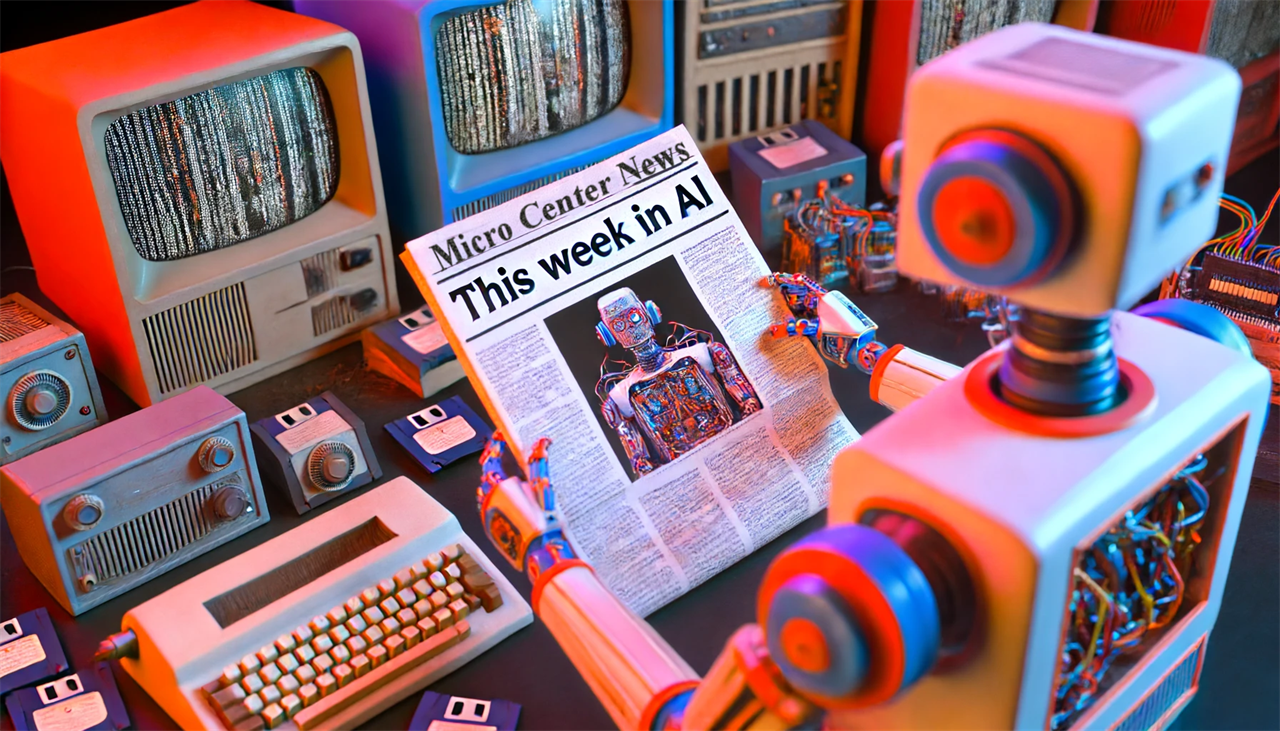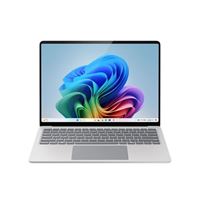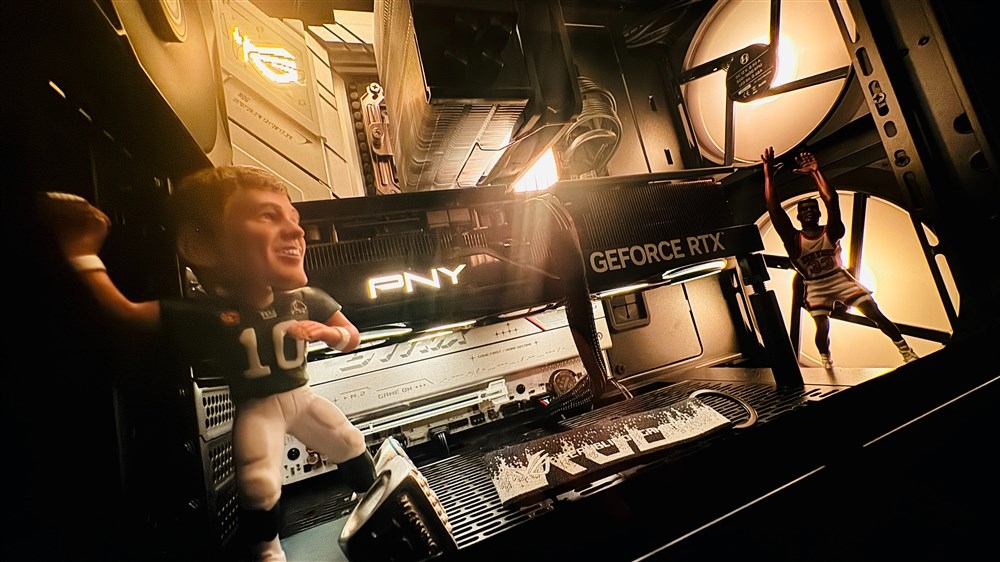This Week In AI: NVIDIA Tops Wall Street Amid Excitement About Future of Artificial Intelligence
For June 21, 2024: NVIDIA stock reaches more than $3.3 trillion, Microsoft launches Copilot Plus PCs, Apple promises AI data labelingNews

For many chip industry watchers, seeing "Team Green" hit this milestone is a little surreal. Like any good story, NVIDIA's been involved in tech battles since its founding in 1993. In the '90s, it was RIVA TNT vs Voodoo2. Then, in the oughts, it was GeForce vs. Radeon. But what's driven NVIDIA's success recently has been its bets on artificial intelligence.
NVIDIA's sales and profits have grown significantly over the past couple years as companies like Microsoft, Google parent Alphabet, Amazon, Facebook parent Meta, OpenAI, Tesla, and more have jockeyed to get their hands on GPUs to power servers feeding the AI industry.
It's hard to say what NVIDIA becoming the world's most highly valued company will ultimately mean. Wall Street's top companies right now are largely tech names we all know, alongside the occasional oil firm, pharmaceutical manufacturer, or bank. Some industry analysts are pointing to the dotcom 1.0 era, when networking giant Cisco's shares hit their all-time highs. Others argue AI's opportunity to remake how we live and work in the future is much bigger today than the impact that came from the internet's rise more than two decades ago.
In the meantime, it's a good bet you'll be hearing a lot more about AI and the chipmakers at the heart of it.
Here's what else happened in the world of AI this week:
Microsoft launches Copilot Plus PCs
Microsoft, Dell, Lenovo, and others launched the first wave of Copilot Plus PCs this week, marking one of the biggest shifts to mainstream computing in years. As the name suggests, Copilot Plus (or as Microsoft spells it, Copilot+) systems are built with specs designed to power AI functions on device, including features to help you write that important email, summarize notes from a meeting, transcribe a recent call, or make your sketch look more like a drawing.
Copilot Plus PCs have a minimum of 16GB of RAM, 256GB of SSD storage, and a built-in neural processing unit (NPU) capable of at least 40 TOPS (tera/trillion operations per second). The initial run of Copilot Plus PCs are powered by new Qualcomm Snapdragon X Elite and X Plus chips, which promise superior battery life and performance on par with comparable Intel or AMD laptops.
Microsoft's Copilot Plus launch is missing one promised feature, though. The company has held back its AI-powered Recall tool, which is designed to help users find anything on their PC by describing it, even if they don't remember the filename or exact details. After privacy experts expressed concern that Recall could be misused to access sensitive user data, Microsoft promised bolstered security, and has made the feature a preview under its Windows Insider Program (WIP) before launching it to the public.
Apple commits to metadata labeling
One of the details to come out after Apple's AI announcements last week is that the company says it will add special data to all images that are created and manipulated by its systems. On a recent podcast by prominent tech blogger John Gruber, Apple executives said the company's teams wanted to ensure transparency.
"We make sure to mark up the metadata of the generated image to indicate that it's been altered," said Craig Federighi, Apple senior vice-president of software engineering.
Apple is the latest among large tech companies that have committed to identifying when their AI technologies are used to create, manipulate or edit content. Others include Adobe, Google, Meta, Microsoft, and OpenAI.
Adobe promises not to misuse content
Adobe released new terms of service this week after some customers worried that its legal language allowed the company to use their work to train AI technologies without explicit permission.
In its updated terms, Adobe said it would not use content people create with its products to train its AIs. It did clarify that any content uploaded to its Adobe Stock service could be used to train its AI, though.
Perplexity AI under more scrutiny
A Wired investigation published June 19 found that the unicorn startup Perplexity AI is likely accessing websites and data without permission, suggesting that its "answer engine" is powered by copyrighted material. Wired said "it's likely" Perplexity visited its site and others owned by Condé Nast, "thousands of times without permission."
Meanwhile, Forbes has reportedly escalated its fight with Perplexity, too. Axios reported this week that Forbes sent a letter threatening legal action for "willful infringement" of the publication's copyright rights. Forbes had earlier publicly said Perplexity stole original work by its reporters, republishing it on Perplexity's website without permission or appropriate sourcing.
Forbes moves follow last year, when The New York Times filed suit against OpenAI and Microsoft, and Getty Images sued Stability AI. Other publications, including the Associated Press, Axel Springer, Vox Media and The Atlantic, have begun striking licensing deals with leading AI companies.
Read more: AI Tools and Tips
- What is TOPS? The AI Performance Metric Explained
- Copilot Plus PCs vs AI PCs: What's The Difference?
- Microsoft Launches a New Era of Copilot Plus PCs
- Hands-on with the Faster, Smarter ChatGPT-4o AI
- Why Coders are Learning to Love Copilot
- Roll Your Own GPT: Setting Up Your Computer for Local AI
- How to Get NVIDIA Chat with RTX: Local AI for Everyone
- How to Make Sure Your Next Computer Is AI Ready
Ian Sherr is a widely published journalist who's covered nearly every major tech company from Apple to Netflix, Facebook, Google, Microsoft, and more for CBS News, The Wall Street Journal, Reuters, and CNET. His stories and their insights have moved markets, changed how companies see themselves and given readers a unique view into how some of the world’s most powerful brands operate. Aside from writing, he tinkers with tech at home, is a longtime fencer -- the kind with swords -- and began woodworking during the pandemic.










